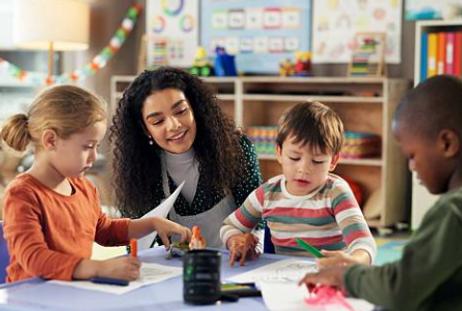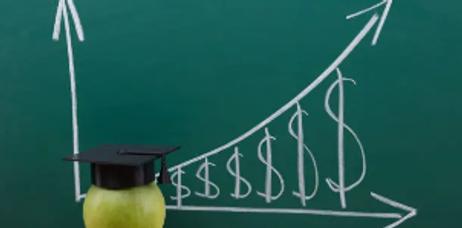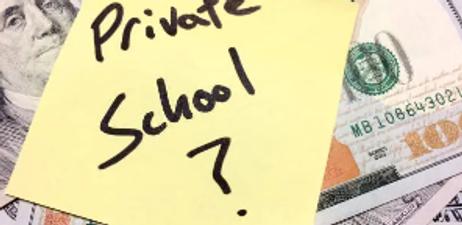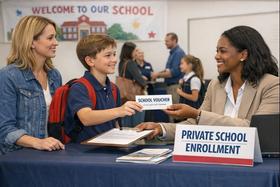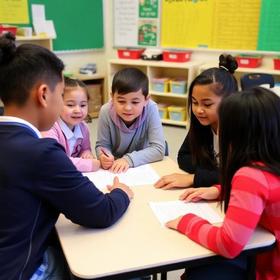How Much Do Private Schools Cost? (2025 Update)
When families consider private schooling, one of the first and most important questions is cost — how much will it really set them back? Private school tuition in 2025 reflects a wide range of school types, locations, and added expenses. This updated guide provides fresh data, recent trends, and expert insights to help parents, students, and educators make smarter choices.
National Tuition Averages in 2025
For the 2025–26 academic year, the national average tuition for private schools in the United States is approximately US $14,999 per year. For private elementary schools, the average is roughly US $14,018, while private high schools average about US $17,954.
These averages, however, mask significant variation depending on region, school type (religious, independent, boarding, day), and other factors.
Day Schools, Boarding Schools and Elite Institutions
For many families, the sticker price for a “typical” private day school remains within reach. But for day schools in more affluent areas or elite independent schools, the costs rise sharply. As of early 2025, an industry report by S&P Global Ratings shows that the average annual tuition for day schools climbed to US $49,284 — a 7.4 percent increase over the previous year. For boarding schools, the average day-plus-boarding tuition rose to US $73,080.
These increases mark some of the largest year-over-year jumps in the past decade, largely driven by inflationary pressures on operational costs such as

